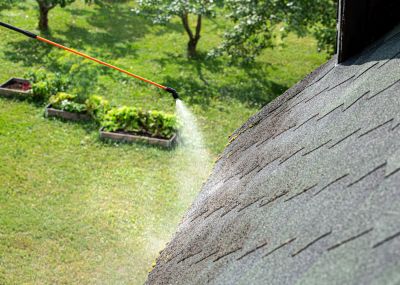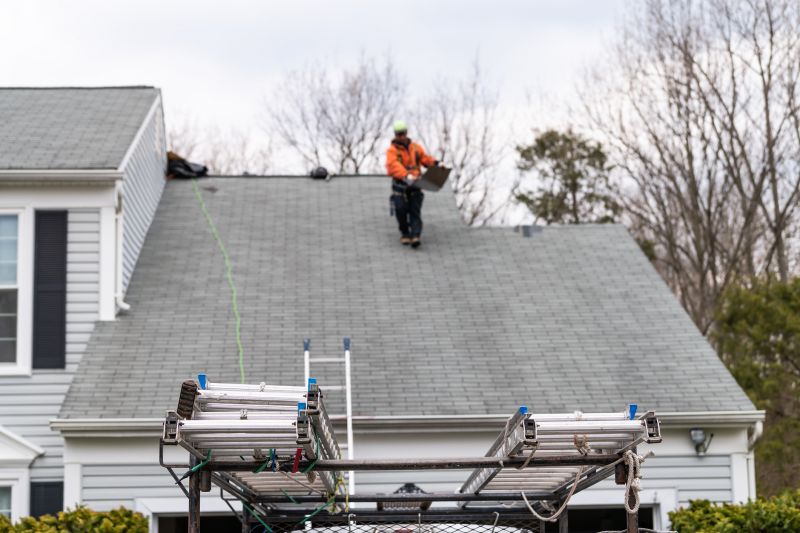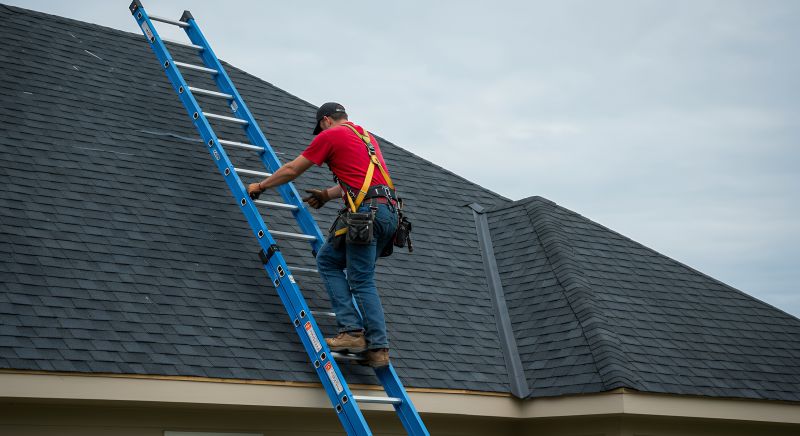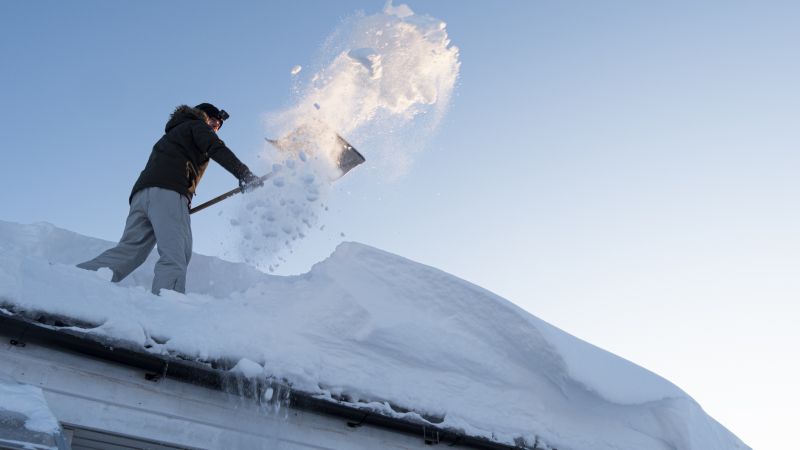Optimal Timing for Roofing Service
Scheduling roofing service at the optimal time can ensure the best results and longevity of the roof. Weather conditions, temperature, and seasonal factors influence the effectiveness of repairs and installations. Proper timing minimizes disruptions and enhances safety for workers and property owners.
Spring offers moderate temperatures and longer daylight hours, making it ideal for roofing projects. Weather is generally stable, reducing delays caused by rain or extreme heat.
Summer provides warm conditions suitable for roofing, but high temperatures can sometimes cause materials to expand or become difficult to handle. Early summer is often preferred to avoid peak heat.
Fall offers cooler temperatures and less humidity, which are beneficial for roofing work. It’s a popular season for roof repairs and replacements before winter.
Winter presents cold and potentially snowy conditions, which can hinder roofing work. Ice and snow increase safety risks and may delay projects.

Spring is an optimal time for roofing projects due to favorable weather conditions.

Summer offers warm weather, but timing should avoid peak heat hours.

Fall provides cooler temperatures perfect for roofing repairs.

Ways to make Roofing Service work in tight or awkward layouts.

Popular materials for Roofing Service and why they hold up over time.

Simple add-ons that improve Roofing Service without blowing the budget.
| Season | Ideal Conditions |
|---|---|
| Spring | Moderate temperatures, stable weather |
| Summer | Warm weather, early season preferred |
| Fall | Cooler temperatures, less humidity |
| Winter | Cold, snow, and ice conditions |
Roofing services encompass a range of activities including repairs, replacements, and inspections. Proper timing ensures that work is completed efficiently and with minimal weather-related disruptions. Spring and fall are generally considered the best seasons for scheduling roofing projects, as they offer stable weather and moderate temperatures. These conditions help prevent issues such as material warping, delays, and safety hazards.

Spring's mild weather is ideal for roofing maintenance and installation.

Fall's cooler temperatures help ensure quality repairs before winter.

Summer offers warm conditions, suitable for extensive roofing work.

Winter's cold and snow can delay roofing projects and affect results.
Scheduling roofing services during the appropriate season can lead to longer-lasting results and fewer complications. It is advisable to plan projects during periods of stable weather to optimize safety and quality. Consulting with roofing professionals can help determine the best timing based on specific project needs and local climate conditions.
Interested in scheduling roofing work? Fill out the contact form to get started and ensure your roof is prepared for the upcoming season.


